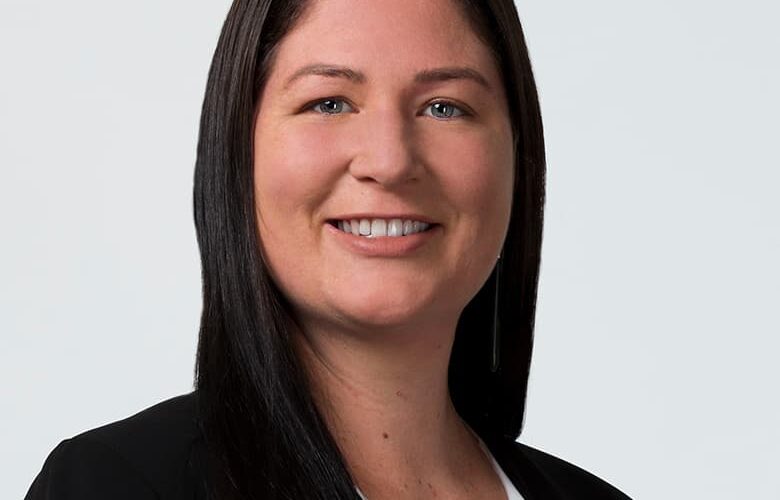Rural health has multiple longstanding challenges but Associate Health Minister Willow-Jean Prime says services are not collapsing.
“I understand the pressure it is under, but I have seen the resilience of those working in the rural health sector and it is not on the verge of collapsing,” Prime, who is also Northland’s Member of Parliament, said in an interview.
Rural health sector leaders say the sector is collapsing with an estimated shortage of 147 GPs along with an unknown number of nurses, midwives and other medical specialists.
Prime said government health reforms, which have created the centralised body Health NZ (Te Whatu Ora), along with the development of strategies to target rural health services, give her confidence these issues will be addressed.
But improvements will not instantly appear.
Health reforms will make access to health services more equitable instead of being determined by where people live.
“For the first time we have an opportunity to address the post code delivery of health services,” she said.
The other key initiative is the creation of a rural strategy.
Rather than being immediate solutions, Prime said these initiatives are designed to be long term.
An interim strategy will be released in early July which will identify priorities for the next five to 10 years, from which will emerge an implementation plan and workforce strategies.
Initial feedback from the rural community includes a need for improved access to health services and specialists, support for people who have to travel long distances for services and care and improved training and recruitment of medical professionals.
“We are taking seriously these challenges and we do have a strategy underway to address these issues, but it will not be fixed overnight,” she said.
Appointed associate health minister with responsibility for rural health services in April, Prime said her confidence in rural health services also comes from innovative solutions she has seen.
These include telehealth, which allows rural GPs access to specialists, integrated health providers and buses taking medical staff to clinics in remote areas.
Rural health leaders say pay parity settlements with public sector nurses are luring nurses away from the private sector.
Government funding for GP practices has not increased to the point where they can match the pay rates for those working in the public sector.
Prime said this issue is not her responsibility but said pay parity will ensure nurses stay and work in rural areas.
Prime has met leaders of the midwifery sector to find solutions to the rural shortage and said the introduction of scholarships, part of a training and recruitment scheme, has resulted in the greatest number of Māori and Pacifica graduates ever.
Asked what impact this will have on the shortage of rural midwives, Prime said there is no certainty they will locate to rural practices.
Prime is confident the rural health issues can be resolved.
“I’m excited not overwhelmed by the challenges,” she said.






